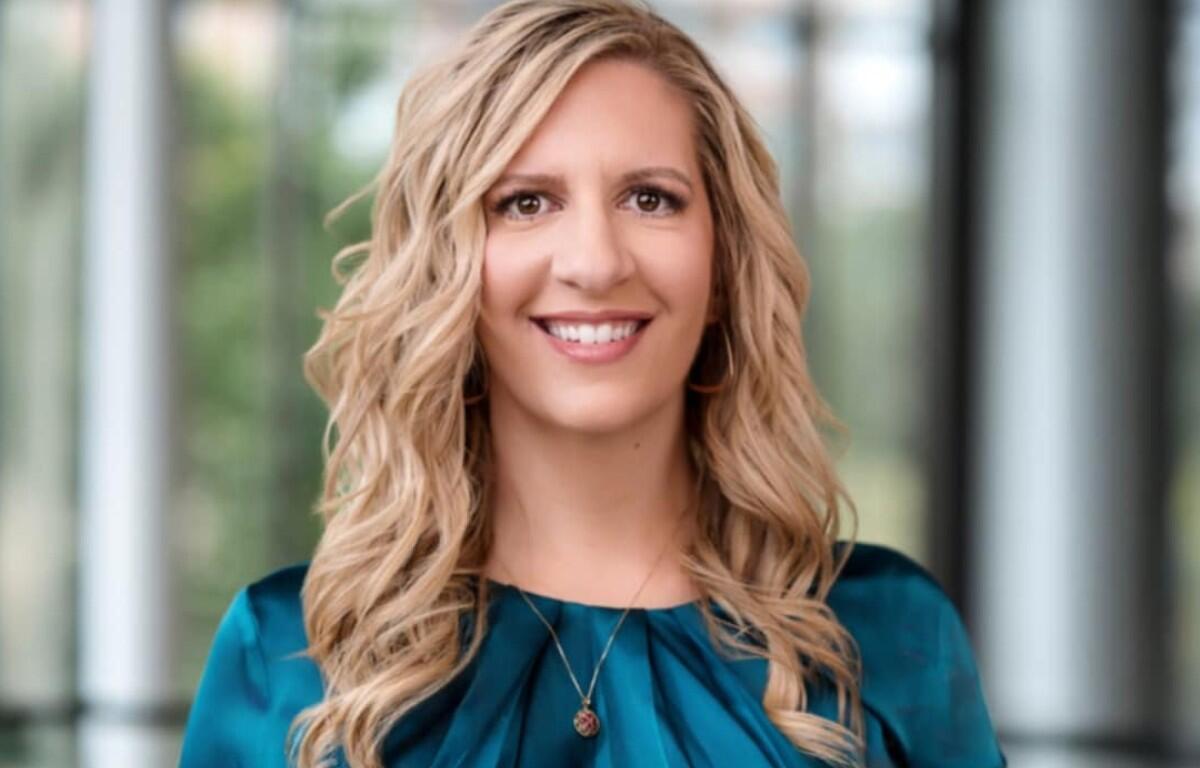Clarksville Now publishes opinion pieces representing both sides of a variety of topics. Opinions presented do not necessarily reflect those of the newsroom or management. To join the conversation, email your opinion piece to news@clarksvillenow.com.
Contributed commentary by Jessica Baladad on the proposed new hospitals in Clarksville:
When I was diagnosed with breast cancer at 33 years old, I knew immediately I didn’t want to receive care in Clarksville. The complexity of my diagnosis didn’t give me the privilege of trusting a hospital just because it was close.
After driving back and forth to Nashville to complete 16 rounds of chemotherapy and undergo a double mastectomy, I had to make a decision about where I would do my radiation treatment.
Ascension St. Thomas Midtown had been the primary hospital where I received a majority of my care, and I was prescribed to receive 24 rounds of radiation, five days a week, over the course of five weeks. I was given a choice to receive my treatment at St. Thomas, where I would have to travel back and forth every day, or I could take my treatment plan to a facility in Clarksville less than 10 miles from my home.
I didn’t want to sit in traffic every day, so the local facility seemed like the obvious choice. But when I looked into the physician who would be responsible for my care, I found that he was facing a malpractice suit.
So my husband drove me to Nashville.
Every single day.
For just my radiation treatment and appointments related to it, I drove more than 2,500 miles. I couldn’t trust the care I would receive here, and I know I’m not alone.
With a population of more than 200,000 people, Clarksville is the fifth largest and fastest growing city in Tennessee, yet Tennova is our only option for care, and they’ve been coasting on their monopoly to own the space, the market and the narrative.
That monopoly has thrived, in part, because it was protected. For years, Tennessee’s Certificate of Need (CON) laws, which require state approval before hospitals can build new facilities or expand services, have operated under the guise of cost control and oversight, but all they’ve done is give Tennova a free pass to dominate without delivering. In 2024, Tennessee revised its CON laws to allow new hospitals to enter markets such as Clarksville, and for the first time in decades, TriStar and St. Thomas have a shot at building viable alternatives.
Tennova doesn’t want this competition because they’ve had a captive market for years. However, bureaucracy too often protects underperforming institutions instead of the people they serve, and if the CON board blocks competition from entering Clarksville, they’re essentially preserving systemic failure.
According to a WPLN investigation in August 2021, since taking over Clarksville in 2010, Tennova’s parent company, Community Health Systems, has used aggressive legal tactics to sue 9,000 patients, and in 2021, Tennova Clarksville alone sued 750 patients.
Vanderbilt University Medical Center, which holds a 20% ownership stake in Tennova Clarksville, is a 340B hospital. That means it qualifies under federal law to receive deep discounts on pharmaceuticals with the intention to expand access to care for low-income and underinsured populations.
In 1992, Congress created the 340B Drug Pricing Program to help safety-net hospitals stretch limited federal resources and reinvest those savings into care for underserved communities.
So if a 340B-participating hospital has a stake in Tennova, why have patients been dragged into court over medical debt? While there are specific eligibility requirements for receiving 340B benefits, the spirit of the program that VUMC qualifies for was designed to ensure hospitals use those savings to support patients who are financially vulnerable
For myriad reasons, I have to have a strategic and intentional advocacy plan specifically for Tennova in the event that myself or a family member requires care from their facilities. This level of vigilance shouldn’t be a requirement, but when a healthcare facility has a documented track record of patient dissatisfaction, debt collection and quality concerns, it’s a necessary defense against being overlooked, overfilled or underserved.
Clarksville is accelerating in every measurable sector of progress, but our healthcare system remains stalled. Let’s see TriStar and Ascension establish roots here and require Tennova to compete for its relevance.
| PREVIOUSLY:
- Tennova sends letters to state opposing Ascension Saint Thomas, TriStar hospitals in Clarksville
- How we got to Tennova: Clarksville’s hospital ownership history | ANALYSIS
- Tennova, TriStar, Ascension Saint Thomas make pitch for new hospitals to business leaders
- Why Clarksville’s 2 new hospitals aren’t done deal: Certificate of Need process just starting


